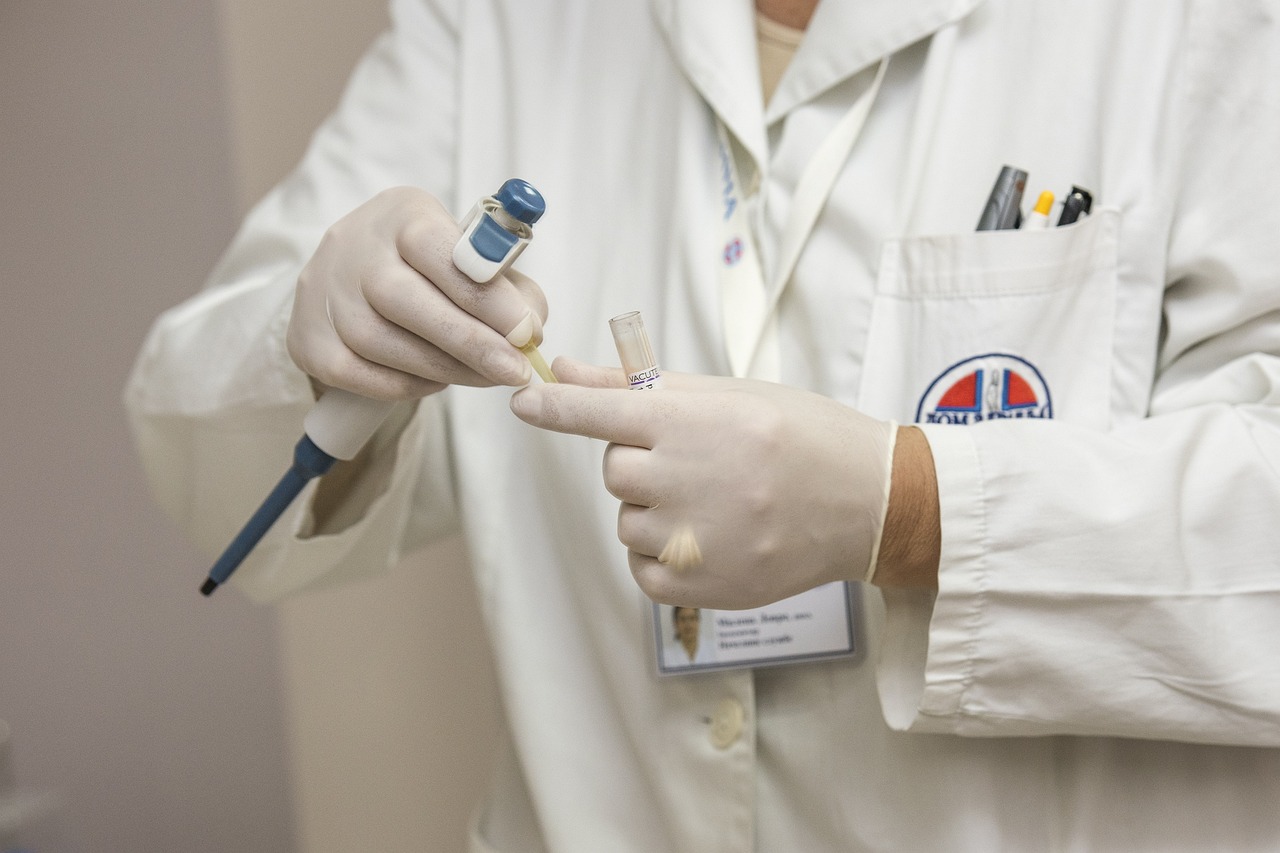- Working hours:Mon - Fri 09:00 am – 05:00 pm
- Call Us: +41772464735
HOME
The medical department plays a crucial role in selling rare disease products by providing scientific and medical expertise to support the use of these products. Here are some of the key functions that the medical department typically performs:
Medical Education: The medical department educates healthcare professionals, patients, and caregivers on the rare disease, the product, and its mechanism of action, benefits, and potential side effects. They provide medical and scientific information on the product through various educational channels such as webinars, conferences, and scientific publications.
Clinical Research: The medical department conducts or supports clinical studies to generate evidence to demonstrate the safety and efficacy of the product in treating rare diseases. They provide insights into the clinical development program and collaborate with investigators to design clinical trials and conduct data analysis.

Regulatory Affairs: The medical department interacts with regulatory agencies to provide scientific and medical information required for regulatory submissions and approval processes. They help prepare regulatory dossiers, respond to regulatory queries, and engage in post-marketing surveillance activities.
Medical Marketing: The medical department collaborates with the commercial team to develop medical marketing strategies that are compliant with regulations and guidelines. They provide medical input and insights into product positioning, message development, and the creation of promotional materials.
Medical Affairs: The medical department serves as a bridge between the company and the healthcare community, providing medical and scientific support to healthcare professionals, patients, and caregivers. They respond to medical inquiries, address concerns related to product safety and efficacy, and provide medical information on the rare disease and product.
In summary, the medical department works closely with other departments in the company to provide scientific and medical expertise to support the use of rare disease products. Their role is critical in ensuring that patients, healthcare providers, and regulators have access to accurate and reliable information on the product.
Proactive e-commerce via process-centric ‘outside the box“ thinking.
About us
Services
Location
Contact
Blog
Shop
Laboratory
Industry
Materials
Audio
Metallurgy
Video